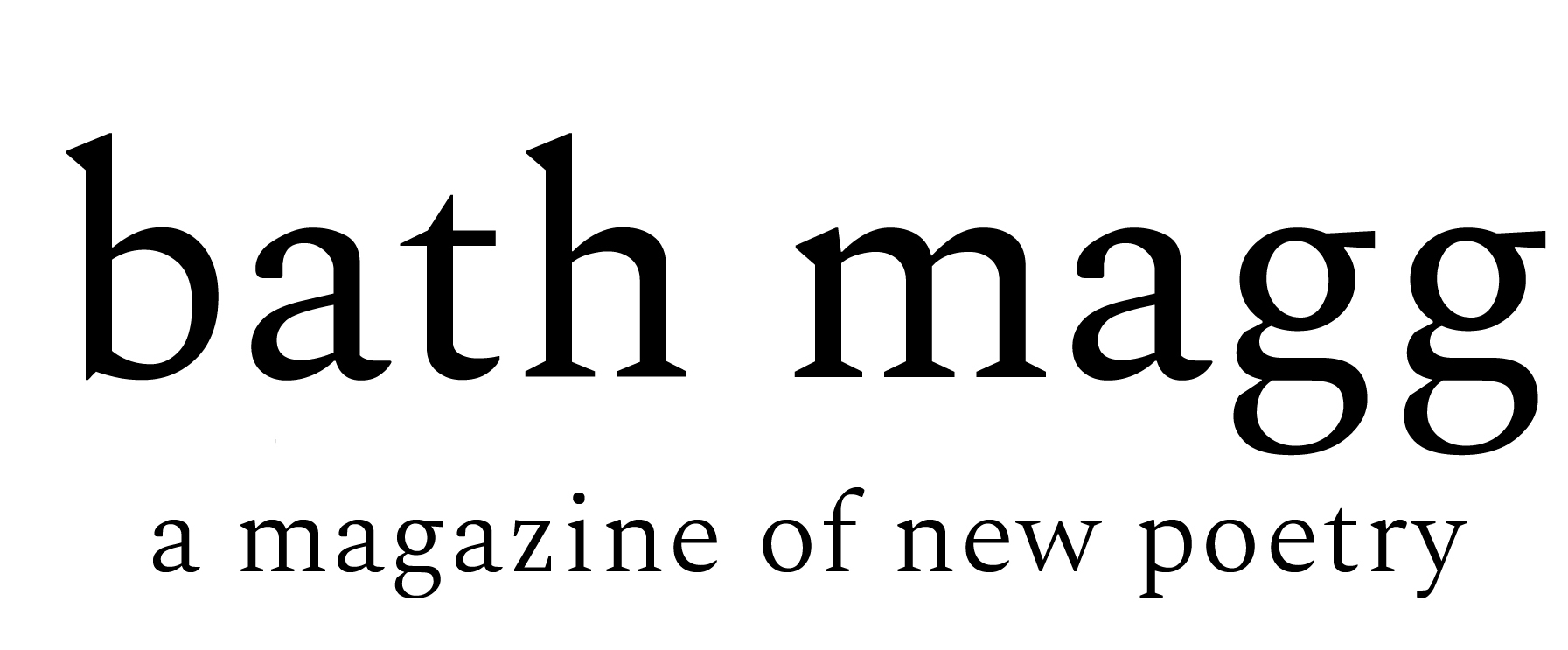Editorial #4
Cor blimey. It was February and now it’s August, almost September. This is the summer issue because we have had our summer, but we haven’t really. It has been a time characterized, to a large extent, by adaptation. What I’ve known summer to be is now different. What I’ve known friendship or socialising or planning to be is different. Reading poems is different. Throughout this submission window I was a little bit scared. As poets we react to the world before us, but I wasn’t sure if I was in a place to begin to understand the world before me. At times, especially over lockdown, I have to remind myself that I don’t need to read the news. I will find myself on the first paragraph of a news article knowing that I will most definitely feel worse if, when, I get to the end. It has been a small joy to say to myself: you don’t need to read this. Not right now. And so I was scared that these poems might shatter the safe ignorance I built for myself. I was scared that the poems would force me to confront the multiple traumas that I have been trying to protect myself from.
As far as jobs go, reading poems is one of the easier ones. Over lockdown it has been a particularly welcome one because it has kept me busy. It has meant that I have always had an alternative to the news. My fears, it turned out, were unfounded. Of course in the poems I read, the poems in this issue, poets spoke back to the world before them. However, I did them a disservice. To an extent, I expected the poems to read as a continuation of a news reel or a Twitter feed. What I feared was a lack of care, and I am glad to say that I was wrong to do so.
In Amina Jama’s poem, ‘On A Walk Through Lewisham Listening To Jay Electronica’s Long-Awaited Album’, she says: “i wonder how many of my friends will pull up”. There is the clear sense that not everyone will; in times of need (whatever the need may be) not everyone you want to be there will be. Like the things I mentioned at the beginning of this editorial, what it means to pull up is different. We are less able to be there for each other in a physical sense, but in our own ways we have impact. I am grateful to all of the poets who submitted work for this issue because they have had impact. They have allowed me to reckon with the world in ways I wasn’t sure I was able. For that I say thank you; for pulling up.
Speaking to Roger Robinson, it was brilliant to hear him talk about the agency we have to build the type of world we want to live in. Thinking about the world his son will grow up in, he asks: “What can be paradise for my son? What is the best fit in terms of a cultural offer? What is the best fit in terms of an educational, or racial offer?” Talking about his collection, A Portable Paradise, he says: “I wrote the book because I needed to have it.” He wanted a book that his son and his son’s friends would be able to look at and say: “Wow, that’s us.” I was afraid of what the world would present to me. But this issue has shown me that I need not be. Rishi Dastidar begins his poem, ‘Poutine on a hockey stick’ saying: “Don’t nimrodize me and my reactions right now, can’t you see it’s the end of the world again?” As the world seems to repeatedly end I can find some joy in writers simply continuing to write. As Jake Reynolds puts it, we “are here to drink the drink”. The simplicity of that reaction is good enough for me. Darcy May Gillham, in ‘if your body is an abandoned train’, speaks of “quiet comfort”. These poems have provided it. The world of bath magg and all the poets within is one built with care and affection. I hope that as you read this issue you can find some joy in the grace that this world offers.
Gboyega Odubanjo, on behalf of the editorial team
